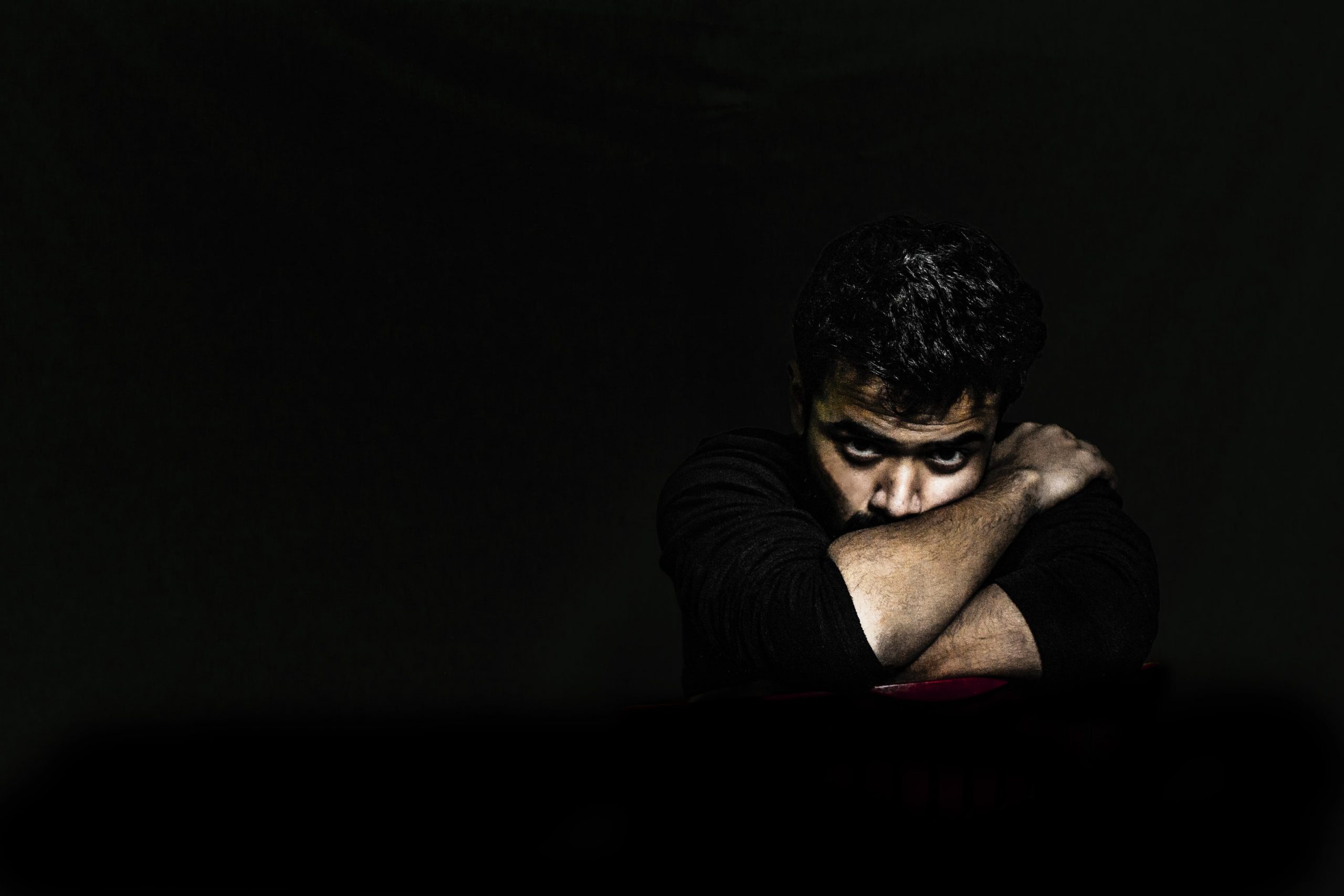 Your home is meant to be your safe haven from the world outside. When you have disruption and violent behavior in your home, it can be an awful feeling to have to face. It can make you feel even worse when the violent behavior comes from your children and teens. If your teen has crossed the line from simply acting out to now abusive and violent behavior, you may not know where to turn next.
You could feel angry, ashamed, frightened, and even in disbelief that this is happening to your family. It is understandable and normal to feel this way. What isn’t normal is trying to excuse the abuse. There is no excuse for any abuse. Even if your teen is struggling with something or has a diagnosis that means he’s more prone to violence, this behavior is never going to be acceptable.
If you are seeing violence and aggressive behavior becoming a reality in your home, there are several effective strategies that you can take to keep everyone safe while also helping your teen to learn more appropriate behavior.
Your home is meant to be your safe haven from the world outside. When you have disruption and violent behavior in your home, it can be an awful feeling to have to face. It can make you feel even worse when the violent behavior comes from your children and teens. If your teen has crossed the line from simply acting out to now abusive and violent behavior, you may not know where to turn next.
You could feel angry, ashamed, frightened, and even in disbelief that this is happening to your family. It is understandable and normal to feel this way. What isn’t normal is trying to excuse the abuse. There is no excuse for any abuse. Even if your teen is struggling with something or has a diagnosis that means he’s more prone to violence, this behavior is never going to be acceptable.
If you are seeing violence and aggressive behavior becoming a reality in your home, there are several effective strategies that you can take to keep everyone safe while also helping your teen to learn more appropriate behavior.
There is never an excuse for abuse
Every person in your home should be aware of this. You should accept no excuse for any abuse or violence in your home. Write it down and put it on the fridge, remind everyone often. Make it the motto of your home. If abuse becomes a concern, you must hold your teen responsible for his violent behavior, no matter what type of justification he uses. Remind him that being provoked verbally is not an excuse for lashing out with abuse. Being provoked does not and cannot justify any violent response.Violence isn’t always physical
There are good odds that you associate it with physical violence when you think about violence. Certainly, violence, such as domestic violence, can encompass a range of abuse types. Each can prove to be equally dangerous. No one in your home deserves to experience any kind of violence. Three types of violent abuse to be aware of include:- Physical abuse, such as hitting, shoving, or slapping others
- Violent behavior, such as punching walls and doors
- Verbal or emotional abuse
Considering your options
You may feel like you’re out of options when you’re faced with an out-of-control and violent teen. You may have tried therapy and getting your teen into peer support groups that address anger and violence issues. But what should your next step be if your teen continues to act out and escalate his violent behavior?- Make safety a priority. If at any point, you fear for the safety of anyone in your home, you need to take action to protect everyone. Younger children may need to be removed from the home temporarily for their safety.
- Don’t back down if your teen engages in an argument with you. It is essential that you set boundaries and appropriate consequences for crossing those boundaries. If need be, have your parenting partner back you up on the boundaries and consequences so that you have support if things escalate rapidly.
- If at any point you fear for your safety and believe your teen to be a threat, you should call the police for help. No parent wants to see their child taken away in handcuffs, but remember it doesn’t need to be dire if your teen is arrested. Law enforcement agencies do more than arrest and hold people in jail.


Leave a Reply